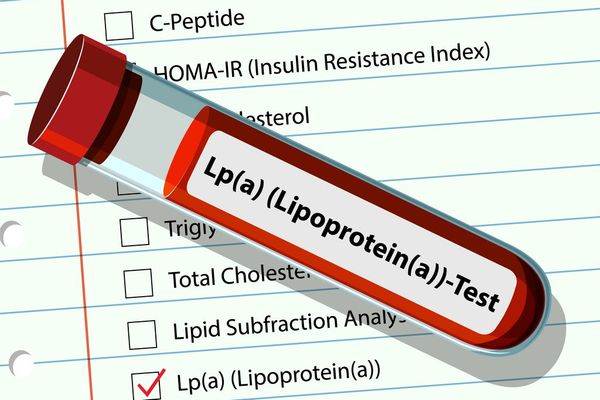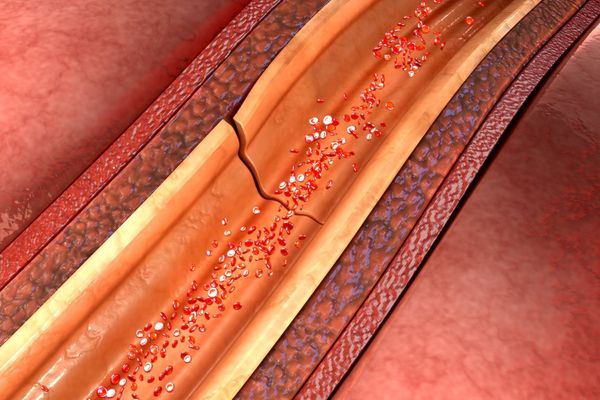Q:
Is it true that drinking tea can cut your risk of heart disease? Are there other foods I should eat to protect my heart?
A:
Indeed. Research has shown that drinking more than two cups of tea daily may reduce your risk for heart disease. Participants (men and women who had suffered a heart attack) in the Determinants of Myocardial Infarction Onset (MIO) Study, conducted by the Harvard School of Public Health, who drank more than 14 cups of caffeinated tea per week were less likely to die during four years following their cardiac event than the other study participants who drank less tea. Investigators suspect that the heart healthy components of tea are substances called flavonoids. Flavonoids are antioxidants, which are disease-fighting molecules found naturally in plant-based foods. Investigators believe antioxidants help prevent disease by fighting free radicals, substances that can attack and damage the body's cells and tissues. Free radicals are formed by normal bodily processes as well as by environmental contaminants like cigarette smoke. Antioxidants protect cells from free radical damage. A diet rich in antioxidants (including flavonoids, vitamins E and C, and beta-carotene) may not only reduce the risk of heart disease, but it may also reduce the risk of some cancers, stroke and cataracts. Good food sources of antioxidants include dark orange, red and green vegetables and fruits; beans; nuts; seeds and whole grains.
A note regarding dietary guidelines:
With a greater understanding of the relationship between diet and health, nutrition and medical experts crafted the Dietary Guidelines for Americans. These are evidenced-based guidelines to help improve health and reduce the risk of chronic disease. These guidelines should serve as the basis for heart-healthy eating and meal planning. The guidelines emphasize reduced calorie intake and increased physical activity -- calories in should not exceed calories out (calories burned).
A few of the heart-healthy recommendations include:
- Eat more fruits and vegetables
- Eat more whole grains and fewer processed carbohydrates like cookies and candy
- Choose low-fat or non-fat dairy products
- Choose poly- and mono-unsaturated fats whenever possible (found in fish, nuts, and vegetable oils), and avoid saturated and trans fats (found in many store-bought baked goods, fried foods and some margarines).






